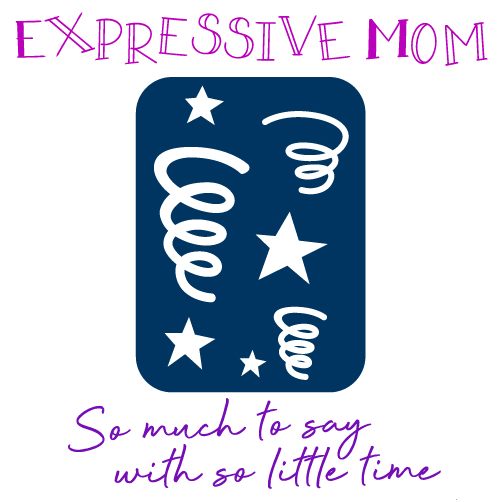
Corporate Photo, two smiling girls and one smiling boy looking up at the camera while they are hugging each other.
A mother nurtures a child for nine months in her womb. Her health will ultimately determine the health of the unborn child. In the US, for example, there are reported cases of children born addicts because their mothers used cocaine and other forms of drugs whilst pregnant.
In those nine months, the unborn child’s world is literally contained within her. Further studies also show that constant negative emotions damage the fetus. Your unborn child can absorb anger, frustration and stress. Your partner’s feelings towards you and your pregnancy will also affect the unborn baby. How is this possible? Well, research has it that a level of consciousness already exists soon after conception.
But once a child is born, the world will converge to create and mold his personality.
It Takes a Whole Village to Raise Kids
Have you ever heard of this proverb? It is an Igbo and Yoruba proverb that basically means the responsibility of raising children is shared with the larger (extended) family and community. The older children, the grandparents, the aunts and uncles and even the cousins get involved because to them, children are God’s blessings to the whole community.
While this proverb is warmly embraced in African communities, it is not applicable to the Western community. For example, four security guards in Dallas, Texas were entangled in controversy when they tried to discipline kids who broke into a mall. The kids’ parents said the guards had no right to discipline their children.
Parents today also tend to steer away from this proverbial belief because of technology. Communities have gone virtual – from TV to social media. Controls need to be in place because of all the information (factual or not) that can be accessed in just a few clicks.
Are Parents Unfit to Raise Children?
In 1935, analytical philosopher Bertrand Russell said that parents are unfit to raise children due to the high mortality rate during the time. He also dismissed the values of fathers because to him, they are less likely to be involved in child-rearing in the first place. He also argued that it was medical discoveries that lowered the infant mortality rate later on, thus proving the inadequacy of mothers too.
Russell further argued that a mother and a father are not enough to care for 2-5 children. He pushed forward the notion that well-run nursery schools are the solution to raising children.
But Russell’s logic was challenged by G.K. Chesterton who asked the question “Why pay for something that nature provides?”
Chesterton puts into the spotlight the truth about common sense. Chesterton said that parenting returns to the fundamental notion of common sense. Therefore, Russell’s suggestion of a well-run nursery school will lead to officials paying parents to do what they already do.
If you take this debate, which was unbelievable short, into the modern times, you will see that both were somewhat correct. Russell’s suggestion of well-run nursery schools exist to attend to the needs of the children while the parents go to work. But at the end of the day, Chesterton’s natural law of parenting takes over.
So who really raises our kids? It is you. And the people you choose to share the responsibility with.



Connect With Me !